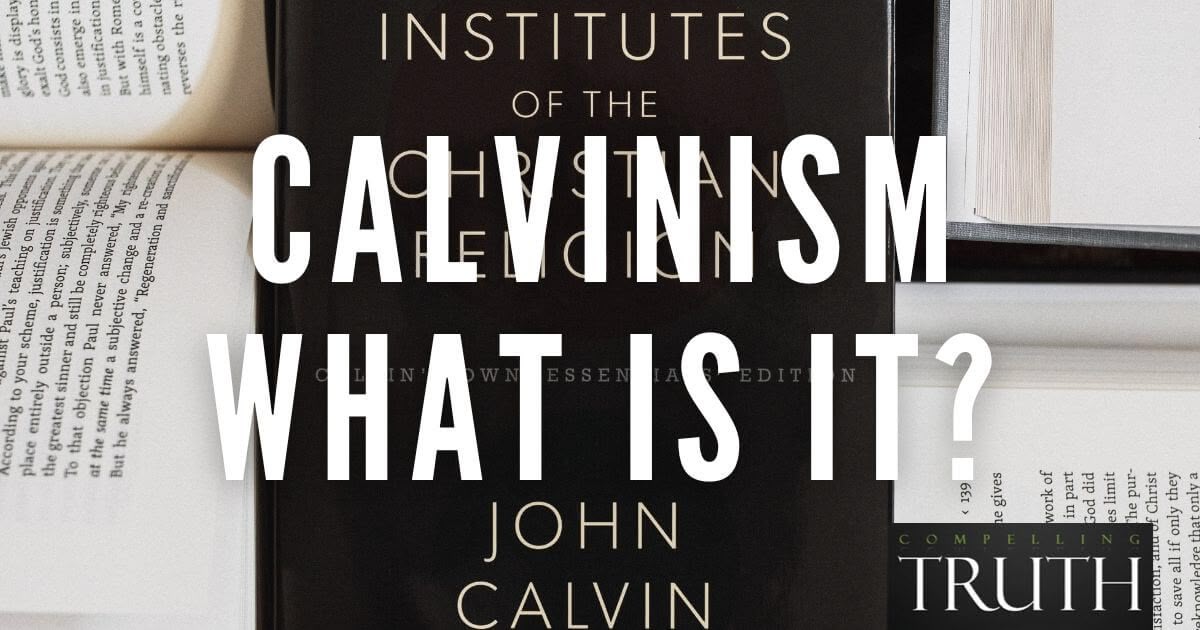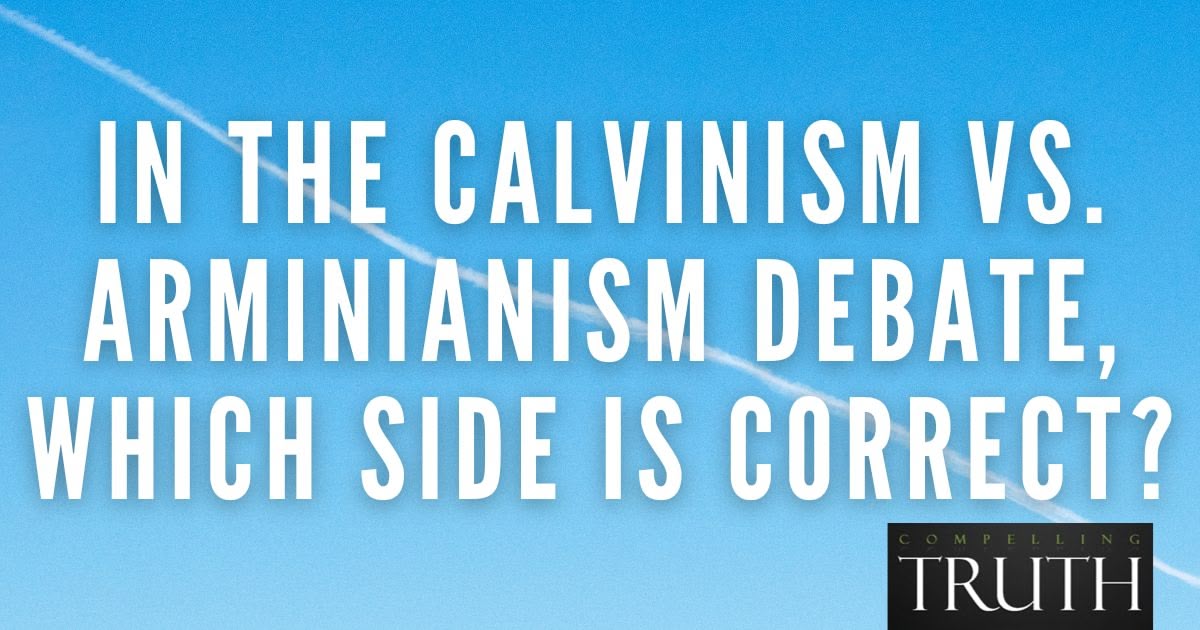Hyper-Calvinism is exactly what the name suggests: Calvinism that has gone to extremes. Calvinists emphasize God's sovereignty over man's salvation. The central doctrines of Calvinism are as follows: man's total depravity, unconditional election (that is, believers are chosen by God regardless of their good works or lack thereof), limited atonement (Jesus Christ died only for the chosen elect), irresistible grace (people cannot resist God's call) and perseverance of the saints (a believer who falls away was never saved to begin with). All five of these points can be supported biblically, as can the Calvinist position.
Hyper-Calvinism, however, over-emphasizes God's sovereignty, rendering evangelical efforts moot. This is not a biblical position, as we are clearly commanded to evangelize, pray for, and attempt to convince unbelievers of the truth (2 Corinthians 5:20-21; 1 Timothy 2:1-4). Hyper-Calvinism is generally marked by fatalism, lack of love, and a preoccupation with the doctrine of sovereignty that leads to misconceptions about God and about His other characteristics. God is absolutely sovereign (Daniel 4:34-35), but He is also loving and merciful, providing the Word and preachers so that people will have every opportunity of salvation (Ephesians 1:3-12; John 3:16; 1 John 4:9-10; Romans 10:14-15). Prayers are to be offered for all people, because "it is pleasing in the sight of God our Savior, who desires all people to be saved and to come to the knowledge of the truth" (1 Timothy 2:1-4).
Hyper-Calvinism encourages a passive approach to evangelism, because of a super-rational approach to Scripture that suppresses love for the lost. This is disobedient, and not a characteristic of normal Calvinists, many of whom have been great evangelists and passionate teachers of the Word.
Hyper-Calvinism, however, over-emphasizes God's sovereignty, rendering evangelical efforts moot. This is not a biblical position, as we are clearly commanded to evangelize, pray for, and attempt to convince unbelievers of the truth (2 Corinthians 5:20-21; 1 Timothy 2:1-4). Hyper-Calvinism is generally marked by fatalism, lack of love, and a preoccupation with the doctrine of sovereignty that leads to misconceptions about God and about His other characteristics. God is absolutely sovereign (Daniel 4:34-35), but He is also loving and merciful, providing the Word and preachers so that people will have every opportunity of salvation (Ephesians 1:3-12; John 3:16; 1 John 4:9-10; Romans 10:14-15). Prayers are to be offered for all people, because "it is pleasing in the sight of God our Savior, who desires all people to be saved and to come to the knowledge of the truth" (1 Timothy 2:1-4).
Hyper-Calvinism encourages a passive approach to evangelism, because of a super-rational approach to Scripture that suppresses love for the lost. This is disobedient, and not a characteristic of normal Calvinists, many of whom have been great evangelists and passionate teachers of the Word.



